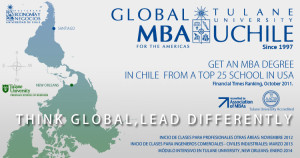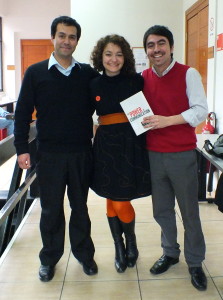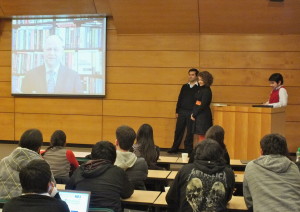As we here in the NYC area wait for Hurricane Sandy to make landfall, a few items of note from the last two weeks (in case you need some extra reading material wherever you are). Stay safe, all.
- Young adults’ reading habits: If the popular consensus seems to be that younger people don’t read books anymore, a recent Pew study found, “More than eight in ten Americans between the ages of 16 and 29 read a book in the past year, and six in ten used their local public library.”
- Anonymity, free speech and the Internet: A Gawker article about a notorious anonymous user on Reddit, “Unmasking Reddit’s Violentacrez, The Biggest Troll on the Web,” set off a wave of discussions about the dynamics and ethics of anonymity and free speech online. Nieman Journalism Lab has a good summary of the discussions that ensued.
- Political misperceptions: We read an interesting academic paper, “When Corrections Fail: The persistence of political misperceptions,” which looked at the persistence of falsely held political beliefs despite corrections to the contrary. This study “conducted four experiments in which subjects read mock news articles that included either a misleading claim from a politician, or a misleading claim and a correction. Results indicate that corrections frequently fail to reduce misperceptions among the targeted ideological group. We also document several instances of a “backfire effect” in which corrections actually increase misperceptions among the group in question.”
- The New York Times goes global: The Times announced plans for a Brazilian website edition to launch next year, and other elements of its global expansion plan are already in the works, including the launch of its Chinese edition this past June.
- And Newsweek goes digital: The venerable news magazine said that as of January 2013, the magazine will be going entirely digital, after “80 years in print.”






